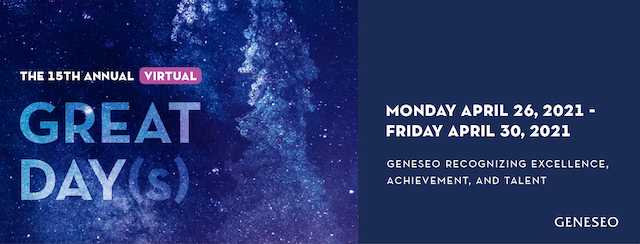
Submission Type
Poster
Start Date
April 2021
Abstract
This study compares the quality of different types of college students’ relationships: same-sex (SS) friendships, other-sex (OS) friendships, and romantic relationships. Previous research by Hand and Furman (2009) indicated that adolescents perceived their OS friendships as less supportive than both their SS friendships and romantic relationships. Adolescents also perceived their OS friendships as having less conflict than their romantic relationships.
The current study attempts to replicate these findings with college students, who tend to have more time and opportunity to develop close OS friendships. In addition, we examine the power dynamic in these relationships, as well as several factors of each type of relationship, including length of the current relationship and previous experience with each type of relationship.
Recommended Citation
Donahoe, Erin C.; Simpson, Mary; Bird, Madeline I.; West, Kaitlyn J.; and Mooney, Karen S., "016— Quality of College Students’ Close Peer Relationships" (2021). GREAT Day Posters. 13.
https://knightscholar.geneseo.edu/great-day-symposium/great-day-2021/posters-2021/13
Included in
016— Quality of College Students’ Close Peer Relationships
This study compares the quality of different types of college students’ relationships: same-sex (SS) friendships, other-sex (OS) friendships, and romantic relationships. Previous research by Hand and Furman (2009) indicated that adolescents perceived their OS friendships as less supportive than both their SS friendships and romantic relationships. Adolescents also perceived their OS friendships as having less conflict than their romantic relationships.
The current study attempts to replicate these findings with college students, who tend to have more time and opportunity to develop close OS friendships. In addition, we examine the power dynamic in these relationships, as well as several factors of each type of relationship, including length of the current relationship and previous experience with each type of relationship.


Comments
Sponsored by Karen Mooney